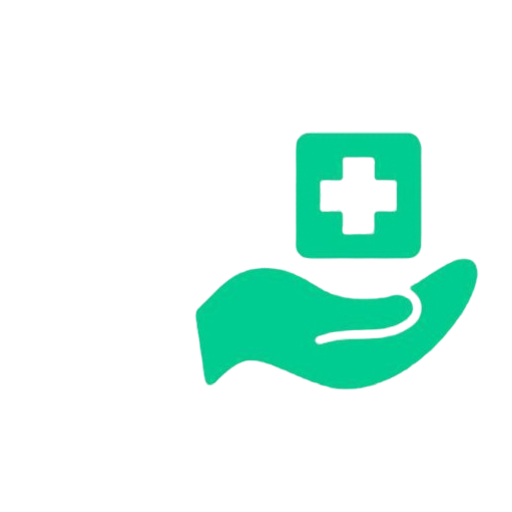In mental health, the journey towards recovery is multidimensional, often requiring more than just clinical treatment. This is where the concept of psychosocial rehabilitation becomes vital. It’s an approach that empowers individuals with mental health conditions to live fulfilling lives, despite their challenges. But what exactly is psychosocial rehabilitation, and how does it transform lives?
This guide delves into the heart of psychosocial rehabilitation, exploring its definition, the role of specialists in the field, and the profound impact it can have on individuals and communities.
What is Psychosocial Rehabilitation?
Psychosocial rehabilitation, at its core, is a holistic approach to mental health care. It’s designed to help individuals with psychiatric disabilities or mental health issues in their recovery process, focusing not just on reducing symptoms but also on improving their quality of life. This approach is rooted in the belief that every individual, regardless of their mental health status, has the potential for growth, recovery, and a fulfilling life.
The practice of psychosocial rehabilitation encompasses a wide array of services and supports. These can include skill development in areas such as socialization, communication, and employment, as well as access to community resources and support networks. The ultimate goal is to enhance the individual’s ability to function in their community and lead a life that’s as independent and satisfying as possible.
The Role of a Psychosocial Rehabilitation Specialist
A Psychosocial Rehabilitation Specialist plays a pivotal role in this transformative process. They are trained professionals who work closely with individuals to identify their strengths, needs, and personal goals. Their responsibilities are multifaceted – from developing personalized rehabilitation plans to implementing various therapeutic strategies and interventions.
These specialists possess a deep understanding of mental health disorders and the social factors that affect individuals with these conditions. They use this knowledge to assist in skill development, community integration, and promoting resilience and recovery. The role is not just about managing symptoms but enabling individuals to build a life beyond their mental health condition.
Methods and Techniques in Psychosocial Rehabilitation
Psychosocial rehabilitation employs a variety of methods and techniques to aid recovery and improve the quality of life. These methods are tailored to individual needs, focusing on strengths rather than weaknesses.
Individual Counseling:
This provides a safe space for clients to discuss their concerns and challenges. Through counseling, specialists help individuals develop coping strategies and problem-solving skills.
Group Therapy:
Group sessions offer peer support and a sense of community. They can be particularly effective in developing social skills and reducing feelings of isolation.
Life Skills Training:
This includes teaching practical skills like budgeting, cooking, and public transportation navigation. These skills are crucial for independence and self-sufficiency.
Vocational Rehabilitation:
Assisting individuals in finding and maintaining employment is a key focus. This includes job training, resume building, and interview preparation.
Community Integration Activities:
Encouraging participation in community events and activities helps in building a support network and enhancing social skills.
These techniques are adaptable and are often combined to create a comprehensive rehabilitation plan that addresses the unique needs of each individual.
Benefits of Psychosocial Rehabilitation
The benefits of psychosocial rehabilitation are profound and multifaceted.
Improved Quality of Life: By focusing on the whole person, not just their illness, psychosocial rehabilitation enhances overall well-being and life satisfaction.
Increased Independence: Skills training and support lead to greater independence, allowing individuals to manage their daily lives more effectively.
Better Social Skills: Group activities and community involvement help improve communication and interpersonal skills.
Reduced Hospitalization: With effective psychosocial support, the frequency and duration of hospitalizations can decrease significantly.
Challenges in Psychosocial Rehabilitation
Despite its benefits, psychosocial rehabilitation faces several challenges. The stigma surrounding mental health can hinder access to services. Funding and resource limitations also pose significant obstacles.
Additionally, each individual’s unique set of circumstances requires tailored approaches, demanding significant time and effort from rehabilitation specialists. Overcoming these challenges is crucial for the continued success and effectiveness of psychosocial rehabilitation programs.
Conclusion
Psychosocial rehabilitation is more than just a treatment approach; it’s a pathway to a fuller, more independent life for individuals with mental health conditions. By understanding and embracing this holistic approach, we can contribute to a more inclusive and supportive society where mental health is not a barrier to a fulfilling life.







